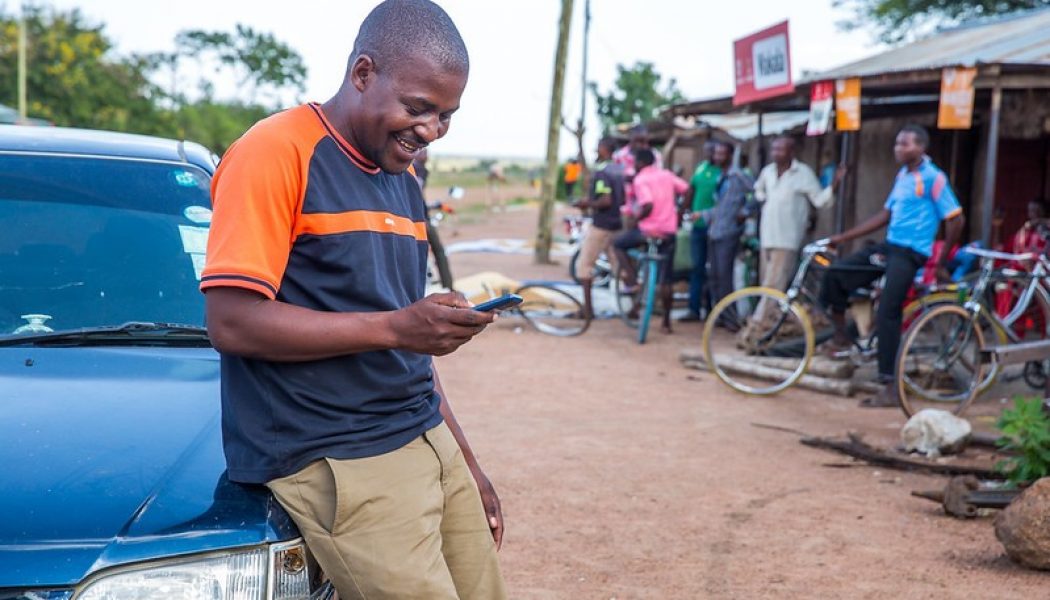The Vodafone Foundation has announced that it will commit $28 million to expand its ‘ambulance taxi’ programme beyond Tanzania for the first time to sub-Saharan African countries.
The programme is expected to initially expand to Lesotho, with a co-investment of $4.5 million by the Foundation and the Government of Lesotho. Lesotho has one of the highest rates of maternal mortality in the world, and the programme could potentially save 200 lives over the next four years alone.
“Vodafone Foundation shares the commitment of the Government of Lesotho to reduce maternal mortality and contribute to the UN’s health goal. Our long-term investment of US$28 million to expand m-mama within sub-Saharan Africa will save the lives of thousands of women through an emergency service that governments can afford to sustain,” says Joakim Reiter, Chief External and Corporate Affairs Officer for Vodafone Group.
M-mama emergency services started in 2015 in Tanzania with the support of the government and other partners. It provides a toll-free number and 24/7 call centre to connect women who experience complications in pregnancy, labour, or with a newborn, to either an ambulance or to a fleet of ‘ambulance taxis’.
/* custom css */
.tdi_3_b68.td-a-rec-img{ text-align: left; }.tdi_3_b68.td-a-rec-img img{ margin: 0 auto 0 0; }
Local taxi drivers are trained to handle the transportation of obstetric emergencies and given the equipment they need to get patients safely to a hospital. A woman in distress telephones a free 24/7 call centre and either an ambulance or the nearest ambulance taxi is dispatched. The ambulance taxi driver is identified through the m-mama mobile app then paid electronically using M-Pesa once safely at the hospital, at no cost to the women being transported.
The situation in Lesotho
The maternal mortality rate in Lesotho is six times higher than the UN’s 2030 target, with 487 deaths per 100,000 live births, meaning around 272 women die every year in pregnancy or childbirth.
Reducing maternal mortality is the number one health priority in the United Nation’s (UN) Sustainable Development Goals, because many women in rural areas continue to lack adequate access to antenatal care and delivery services.








